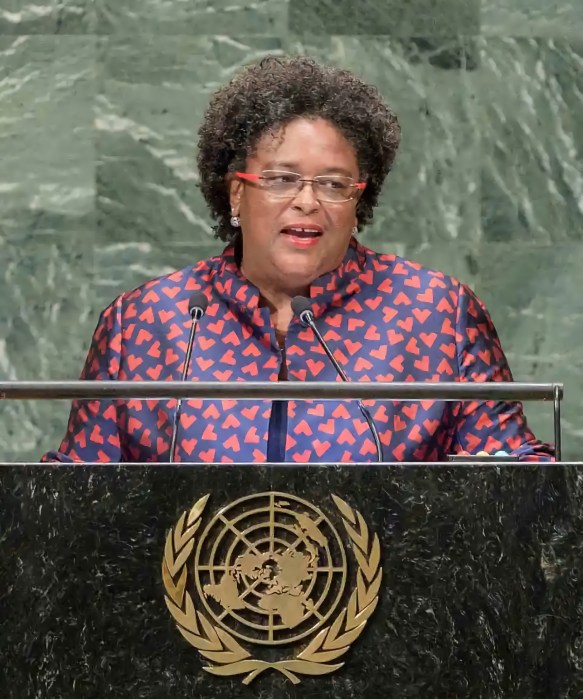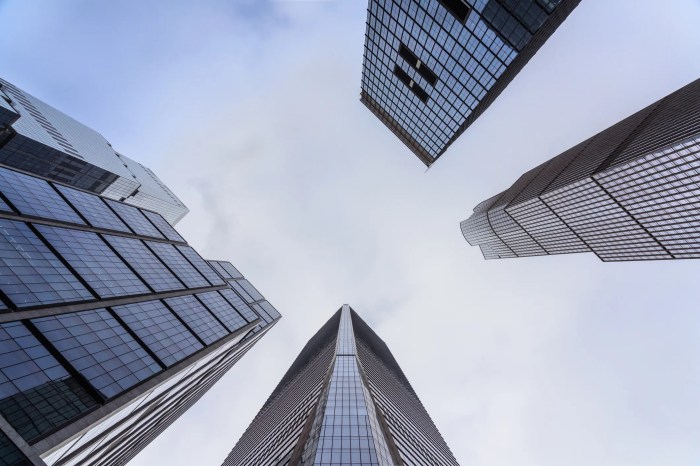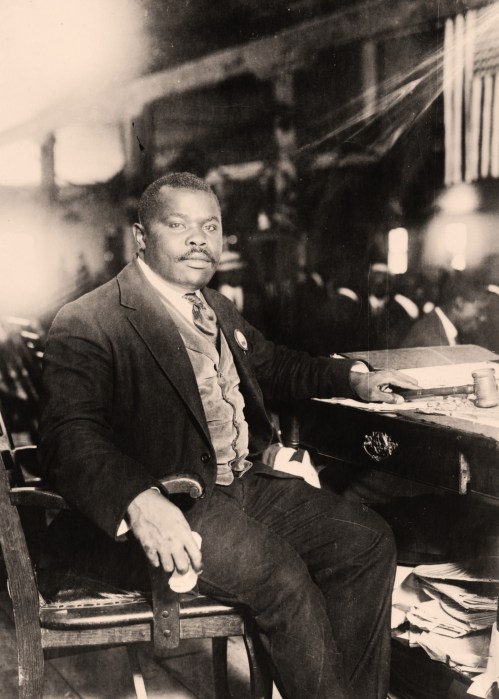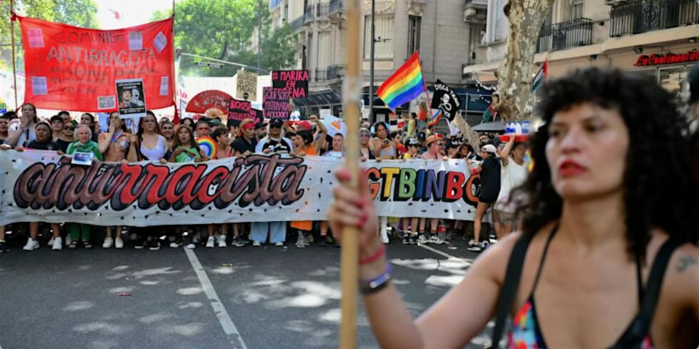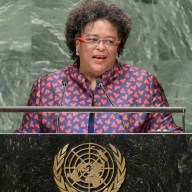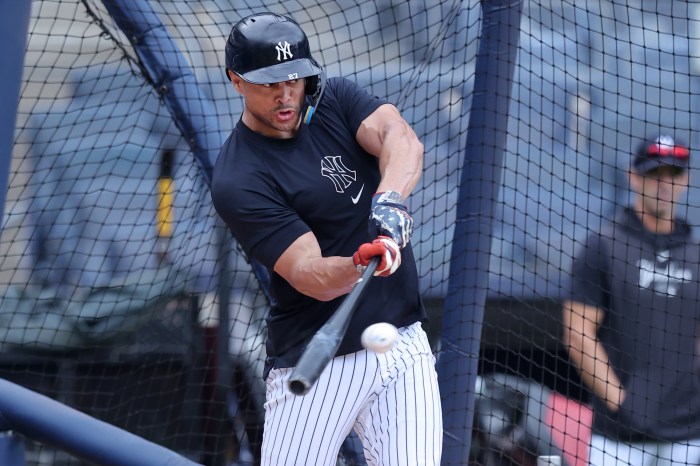Governor Kathy Hochul must be determined to turn New York into a battleground state. What else could be driving the second reversal on congestion pricing? Unpopular with the majority of New Yorkers, including a majority of Democrats, and long discredited where it’s been implemented (London), congestion pricing is yet another consequence of the reality-resistant progressive worldview that has come to dominate the Democratic Party in New York.
Timing this second reversal just after the presidential election is as political as the first “pause”, and signals that the Governor and the Democrats who support congestion pricing are well aware of its unpopularity, but just don’t care.
The signal sent from the American electorate was strong, but was especially seen in New York State which swung 12 percentage points rightward statewide, including 13 here in Brooklyn, 22 in Queens and the Bronx, 15 in Staten Island, and even 11 in Manhattan. The Governor is now clearly worried about a primary challenge from the left and counting on voters to forget this in time for the general election in 2026.
The misguided policy of the proposed $9 congestion pricing – which the Governor now floats as a ‘favor’ to taxpayers because it could have been higher – doubles down on hurting the same voters already fleeing the Democrats in droves. The New Yorkers projected to be hit hardest by the congestion tax reside in the outer boroughs, are from immigrant communities, and are middle and working-class. Given that the Governor only won by around 6% in 2022 and two out of every three New Yorkers oppose congestion pricing, it is not exactly the wisest policy to pursue as a matter of politics or governance.
Like so much of what gets passed unilaterally from the progressive left, the policy will not do what its advocates and proponents say it will. London has implemented congestion pricing and is more congested than ever. Similarly to New York’s public opinion surveys, two out of every three Londoners actually voted against its enlargement, which surely would happen if it were put up to a vote either statewide or citywide in New York. The argument that the MTA needs more funding and this congestion tax will provide this revenue is also not persuasive. The MTA is inefficient and woefully managed, with fare evasion at record levels.
This Hochul congestion tax doubles down on what has been going wrong in New York: penalizing law-abiding citizens because they’re a reliable revenue source for the government coffers, while rewarding and incentivizing those circumventing our laws. If this continues and congestion tax goes through, don’t expect New York to remain a “blue state” for much longer.



